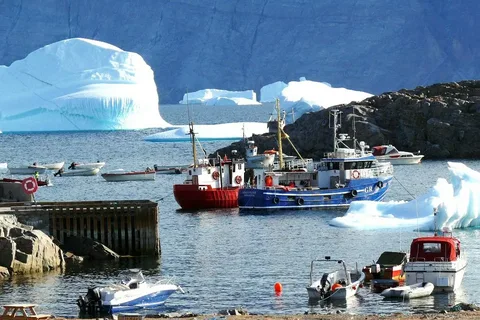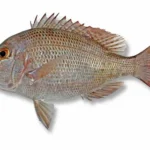The Multifaceted Value of Fisheries

Introduction:
In the vast expanse of the world’s oceans, beneath the shimmering surface lies a treasure trove teeming with life, sustaining ecosystems, communities, and economies alike. Fisheries, the art and science of harvesting aquatic resources, have been an integral part of human civilization for millennia. Yet, their significance extends far beyond mere sustenance, encompassing a multifaceted tapestry of environmental, social, and economic value. In this exploration, we delve into the intricate web of the economic importance of fish, unraveling its complexities and nuances.
A Bounty of Economic Opportunities
At the heart of the discussion lies the undeniable economic significance of fisheries. Across the globe, fisheries serve as a vital source of income and livelihood for millions of people, particularly in coastal communities where fishing is a way of life. From artisanal fishermen casting their nets in tranquil bays to industrial trawlers navigating the open seas, the industry employs a diverse array of individuals, ranging from fishers and processors to marketers and distributors.
Sustaining Livelihoods and Communities
Beyond the realm of employment, fisheries play a pivotal role in sustaining the economic viability of coastal communities. In many developing countries, where access to alternative sources of income may be limited, fisheries serve as a lifeline, providing not only employment but also essential nutrients and food security. Moreover, the revenue generated from fish exports often serves as a crucial source of foreign exchange, bolstering national economies and fostering economic growth.
A Pillar of Global Trade
The economic importance of fish transcends national boundaries, shaping global trade dynamics and fostering international cooperation. With seafood products being among the most traded commodities worldwide, fisheries serve as a cornerstone of the global economy. From the bustling fish markets of Tokyo to the seafood restaurants of New York City, the demand for fish and seafood transcends cultural and geographical barriers, driving a thriving global trade network.
Fueling Innovation and Technological Advancements
In the pursuit of greater efficiency and sustainability, the fishing industry has been a hotbed of innovation and technological advancements. From the development of GPS navigation systems to the implementation of sonar technology, modern fishing vessels are equipped with a myriad of tools and technologies designed to optimize catch rates while minimizing environmental impact. Furthermore, advancements in aquaculture techniques have revolutionized fish farming, enabling the sustainable production of seafood to meet growing global demand.
Preserving Biodiversity and Ecosystem Health
While the economic benefits of fisheries are undeniable, it is crucial to recognize their intrinsic connection to the health of marine ecosystems. Overfishing, habitat destruction, and pollution pose significant threats to the delicate balance of marine life, jeopardizing not only the long-term sustainability of fisheries but also the ecological integrity of our oceans. Sustainable fisheries management practices, such as quotas, marine protected areas, and ecosystem-based approaches, are essential for preserving biodiversity and ensuring the continued viability of fisheries for future generations.
Navigating Challenges and Opportunities
Despite their economic importance, fisheries face a myriad of challenges in the modern world. Climate change, overexploitation, illegal fishing, and market fluctuations are just a few of the complex issues confronting the industry. However, with these challenges also come opportunities for innovation, collaboration, and adaptation. By embracing sustainable practices, harnessing the power of technology, and fostering international cooperation, the economic value of fisheries can be preserved and enhanced for generations to come.
Conclusion
In conclusion, the economic importance of fish transcends mere monetary value, encompassing a myriad of social, environmental, and cultural dimensions. From sustaining livelihoods and supporting communities to fueling global trade and innovation, fisheries play a multifaceted role in shaping the fabric of our world. As stewards of the oceans, it is incumbent upon us to recognize the intricate interplay between economic prosperity and environmental sustainability, ensuring that the bounty of the sea remains a source of wealth and well-being for generations to come.


 English
English 

